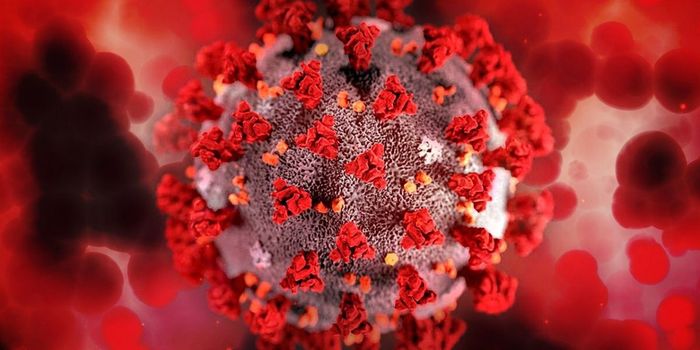Classic Heart Attack Drug Finds Resurgence
Metoprolol is a classic drug for everything heart-related: preventing chest pain, lowering high blood pressure, and reducing damage that can occur during a heart attack. The vessel-relaxing drug has been on the market for more than three decades, but a new study’s results show that metoprolol is not a beta-blocker to be forgotten.
As a beta-blocker, metoprolol relaxes blood vessels to reduce heart rate, lowering blood pressure and improving blood flow. These activities are extremely beneficial for someone in the midst of a heart attack, technically known as acute myocardial infarction.
Treatment for heart attack survivors has improved in the past decade, but the value of intervening when the heart attack is actually happening remains significant and life-saving. "The most important thing is to re-establish blood flow as soon as possible,” explained cardiologist and research team leader Dr. Borja Ibáñez on what to do immediately after a person shows signs of heart attack. “But unfortunately the incoming blood sets off an inflammatory process, started by neutrophils, that causes additional, permanent damage to the heart."
Neutrophils are immune cells that you want on your side when you are fighting a microbial infection, but these cells should be on the sidelines in most other situations. However, immune cells are prone to activating inflammation even when it is unnecessary, which can lead to excessive damage in a situation like a heart attack that makes recovery even more difficult.
Researchers from the Centro Nacional de Investigaciones Cardiovasculares Carlos III (CNIC) in Spain revisited metoprolol and its effect on the heart when administered early during heart attack. While it was known that metoprolol had a pressure-lowering effect that benefitted heart attack sufferers, it was not clear what the drug was doing to the body to achieve it.
Their studies showed that metoprolol inhibits the inflammatory action of neutrophils, reducing overall inflammation that could otherwise have caused widespread tissue damage in the heart muscle.
"Metoprolol stuns the blood neutrophils, altering their behavior and limiting their injurious inflammatory action on cardiac muscle," explained first author Jaime García-Prieto. Without this intervention, neutrophils kill the weak but alive cells, adding to an already dangerous level of tissue damage.
With a fresh understanding of how veteran drug for heart disease, metoprolol, can protect the heart from excessive tissue damage, scientists now have a better way to prevent destruction from happening in the first place during a heart attack, making the best out of a dangerous medical situation.
The present study was published in the journal Nature Communications.
Sources: MedlinePlus.gov, Centro Nacional de Investigaciones Cardiovasculares Carlos III









